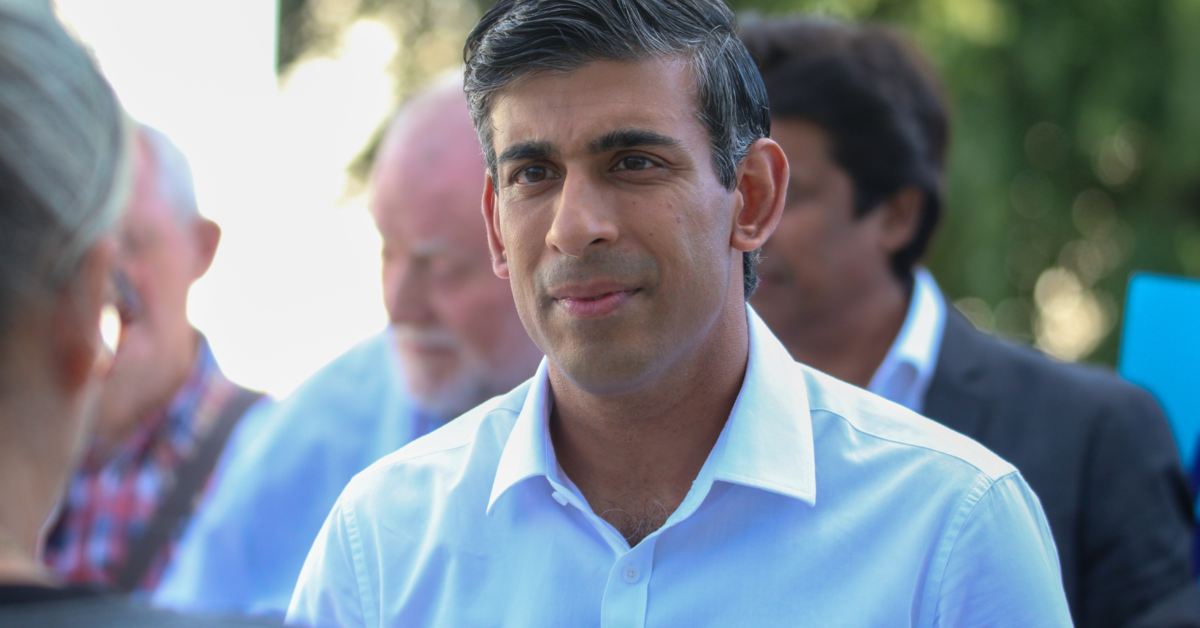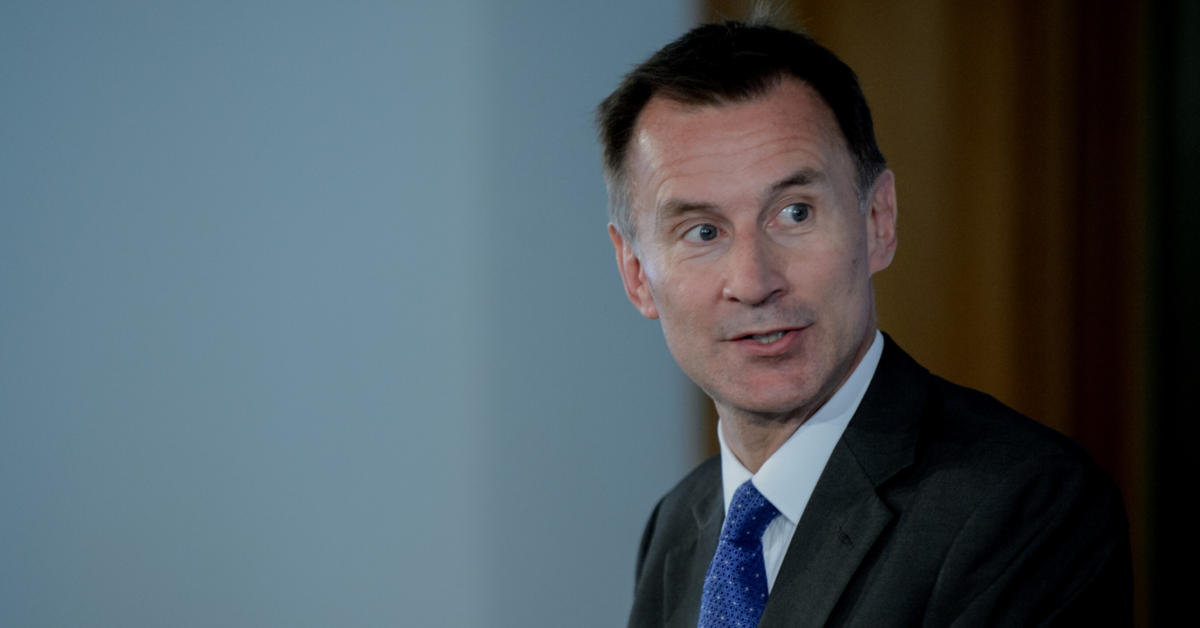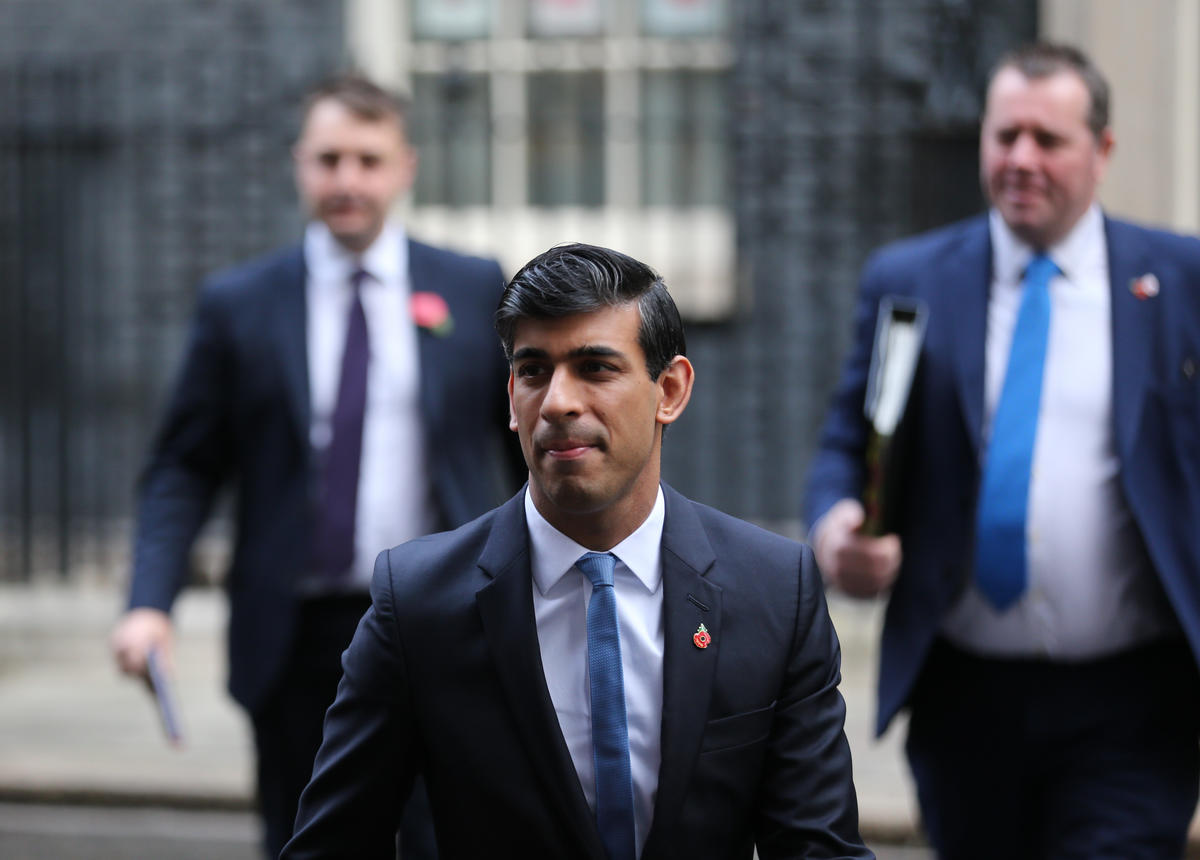Bank of England rate rise and grim economic projections set stage for crucial UK budget
- The Bank of England today hiked UK interest rates to 3% as it prioritizes curbing inflation and said it expects negative growth to last until the first half of 2024.
- The grim economic news comes two weeks before Chancellor Jeremy Hunt’s Autumn Statement in which he will set out a mix of unpopular tax increases and spending cuts in a bid to restore the UK’s economic and fiscal credibility.
- The stakes could not be higher for new UK Prime Minister Rishi Sunak as he presides over a fractious party and faces a resurgent Labour opposition.
Bank of England hikes rates and warns of painful recession
You don’t have to be an economist to know that today was a bad day for UK households, with the Bank of England putting up the base rate by 0.75 percentage points to 3%. This is the biggest single rise in rates since 1989, barring the aberration of Black Wednesday. The Bank also indicated that while further rises were likely, rates would probably peak at a lower level than markets currently expect.
The announcement was accompanied by a plain language introduction and a video from Governor Andrew Bailey setting out why inflation is too high, and why rate rises are needed to curb it. As such the Bank expects inflation to fall sharply from the middle of next year and stay low for the remainder of its forecast.
So, notwithstanding higher mortgage repayments for many households, some good news for the beleaguered UK economy? Not quite. The Bank’s also published its quarterly forecast for the UK economy in which it expects growth to be negative right into the first half of 2024, the longest (if not the deepest) recession since the 1920s. When growth picks up again, they expect it to be sluggish at best with the UK economy in 2024 standing still compared to before the Covid-19 pandemic. And unemployment is projected to rise sharply from around 3.5% now to around 6.5% by the end of the forecast.
Issue
The Bank values its independence and believes that it can only act with the confidence of market participants if it is seen to be truly free of political interference. As such, it keeps well clear of political commentary. But its decisions and forecasts inevitably feed into the political debate. In his press conference, the Governor showed that since August market expectations for UK interest rates had moved notably higher than could be expected because of the challenging global situation. Euphemistically, he put this down to “UK factors”.
Politicians reading this forecast will be considering the impact of such a long recession that stretches right up to the most likely date for the next General Election of Autumn 2024. The stakes cannot be higher for Rishi Sunak who took over as Prime Minister last week pledging to restore the UK’s fiscal and economic credibility, but who leads a fractious party whose polling position is dire.
All eyes now turn to Chancellor Jeremy Hunt’s Autumn Statement on 17 November in which he will need to find some £50bn of savings split roughly between tax rises and spending cuts to fill a fiscal black hole created by borrowing to get the UK through the pandemic and energy crisis but exacerbated by the negative market reaction to the short-lived Trussonomics experiment.
There is a risk however that the UK veers from having a fiscal policy that was too loose to one that is too tight. According to media reports, only spending on the creaking National Health Service has been ringfenced. Beyond that nothing is off the table, although with public services still stretched from the Cameron-Osborne round of austerity there is very little low-hanging fruit. One area where there is some scope to make savings is defense where Hunt is expected to drop Liz Truss’ commitment to increasing spending to 3% of GDP by 2030, in turn reducing the UK’s post-Brexit geopolitical ambitions.
Sunak has been given the benefit of the doubt for now, but the grim economic outlook combined with a raft of unpopular measures coming down the track risks upsetting his carefully constructed Cabinet in which he has sought to represent all major factions within the Conservative Party. Under Boris Johnson, the initially relatively benign economic environment meant the party could, to an extent, promise low taxes, fiscal responsibility and investment in ‘levelling up’ the country. But in an environment of global headwinds and higher interest rates tough choices will have to be made, choices which will mark out the political battlefield for the remainder of this parliament.
For their part, Labour were quick to criticize the Government, with Shadow Chancellor Rachel Reeves arguing that today’s announcement by the Bank “lays bare how 12 years of the Tories have weakened our economy, left us exposed to shocks, with falling living standards and low growth”. Seeking to tie the current administration to the economic record of Conservative Governments over the past 12 years will be central to Labour’s message as we approach the Autumn Statement, but Labour will also be looking beyond that to convincing the electorate that they have a credible alternative to transition to a “cleaner and greener” economy.
Sunak and Hunt will be hoping that as painful as the Autumn Statement will be, the public will recognize the necessity for tough choices and reward the restoration of the UK’s credibility combined with a return to growth just ahead of the next election, expected in the Autumn of 2024.



